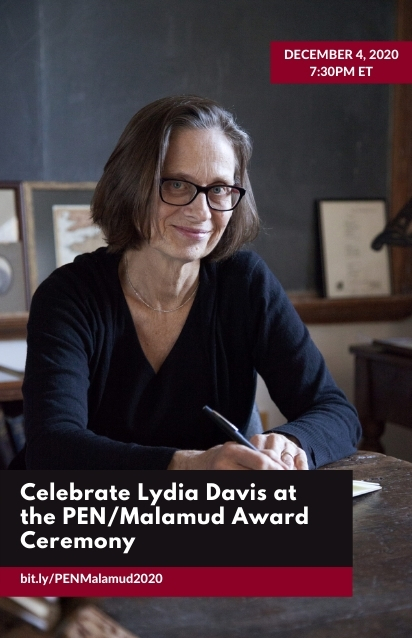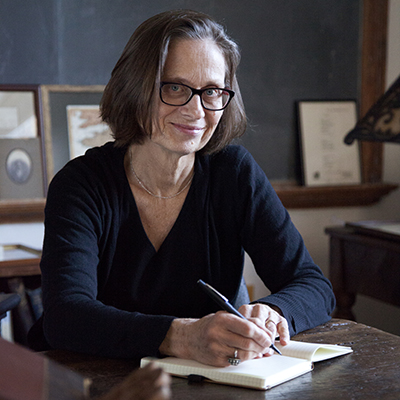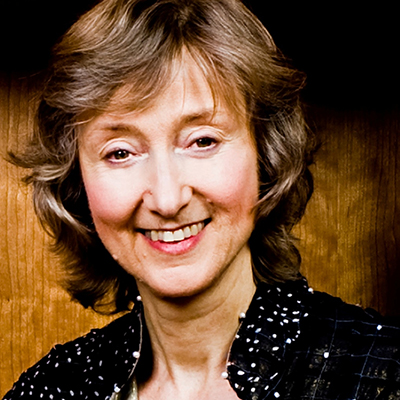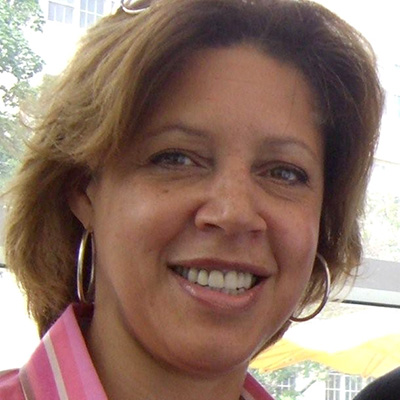The 2020 PEN/Malamud Award Ceremony was held on December 4, 2020, and celebrated Lydia Davis, the 2020 winner of the PEN/Malamud Award for Excellence in the Short Story. Awarded annually to writers who have demonstrated exceptional achievement, the PEN/Malamud Award for Excellence in the Short Story is one of the nation’s most significant literary prizes for the short story form.
This ceremony featured a reading as well as an in-depth conversation/Q&A about Ms Davis’ work. The event also featured remarks by Janna Malamud Smith, Bernard Malamud’s daughter, and was hosted in partnership with the MFA Program in Creative Writing at American University.
DATE | December 4, 2020 at 7:30 PM
LOCATION | Online Event
HIGHLIGHTS
“You always start writing in a private place so you can try something that you just never would show anyone anyway, but you still try to make it good in some way for yourself or for itself.” – Lydia Davis
“I like [translating] because I leave myself, I leave my language, I leave everything to enter into whatever it is I’m translating. That’s a great relief to leave and then come back again. It’s also a great relief to write something in English that I don’t have to make up. I don’t have to think of it. I don’t have to structure it. My only job is to write a good sentence or write a bad sentence if the original is bad. It’s a form of writing but without the pressure and the anxiety of writing your own work, and I’ve often thought that the frustration that’s involved with having to write what it is you’re translating builds up in a healthy way so that when you can write your own work, you’re suddenly liberated.” – Lydia Davis
“I sense that both [Bernard Malamud]’s early Yiddish and his mother’s death pounded him in a similar place, making him lonely, tender, bruised, compelled and eager to master writing as a way of radically sharing his own experience. Really, isn’t this the very urgency, the very effort we thank writers for? The one that lets us as readers have our private feelings and fantasies precisely named and reflected back. The one that offers an emotional connection of a sort that rarely so fully rests at hand in our daily lives. This extraordinary extended reach, this offer of companionship, this gift of nuanced feeling and language, this assisted leap from silence into communion is what the best storytellers give us.” – Janna Malamud Smith





